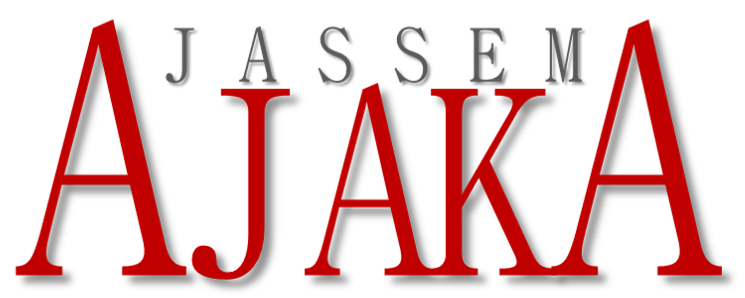jassemajaka@gmail.com
News Analysis: Lebanese economists fear inflation after 3-pct tax rise on imports
Ajaka: The government should check purchasing bills of merchants to make sure that they do not increase their prices uncontrollably on imported items while making sure that prices of local products remain the same
Xinhua | Dana Halawi
BEIRUT, July 24 (Xinhua) — Local economists and experts slammed the 3-percent tax on imports approved lately by the government in the 2019 state budget, worrying that such a measure will lead to inflation.
“This measure will cause pressure on prices and lead to inflation,” Nassib Ghobril, economist and head of the economic research department at Byblos Bank, told Xinhua.
Ghobril explained that 80 percent of imported products are already subject to 5-percent customs tariffs, which means that, under the new measure, tax on imports on these items would see a rise equivalent to 60 percent.
Adnan Rammal, representative of the trade sector in the Economic and Social Council, said that the 3-percent tax on imports will lead to a remarkable hike in prices of products, leading to lower purchasing power of citizens.
He explained that the import process goes through three stages before the products reach consumers.
“The cost paid by the importer, whether it is a taxation or cost of transport, storage, or any other fees, will be paid by the wholesaler and retailer who will also add their profit margins,” which means that the increase in prices will not be only limited to 3 percent, Rammal said.
Likewise, Antoine Moghani, head of the Syndicate of jewelers in Lebanon, said that this new taxation will be translated into further slowdown in business operations.
“This new measure is an indirect increase in the value-added tax which will lead to a heavy increase in prices and the shutdown of businesses in Lebanon,” he said.
The government said it imposed the 3-percent tax on a wide range of imported products in its 2019 budget in a bid to protect the local industry sector and local production while encouraging citizens to consume domestically produced items.
The tax will be imposed on products entering Lebanon in large amounts at prices lower than the local production cost, including flour, dairy products, detergents, furniture, leather shoes, clothes, and wafers and biscuits, excluding medicine, environment-friendly cars and primary equipment for agriculture and industry.
Ghobril said that other measures should have been taken to protect the industry sector because, in his opinion, the 3-percent tax is a way to increase revenues and not to protect industry.
“If the government really wants to protect the industry sector in an effective way, it should fight smuggling and dumping of products while closing illegal industrial operations,” Ghobril said.
The government, added Ghobril, should reduce its operating costs such as the cost of government procedures, labor cost and electricity expenses.
Economists also urged the government to control prices to prevent merchants from taking advantage of this new measure by increasing their prices haphazardly.
“The government should check purchasing bills of merchants to make sure that they do not increase their prices uncontrollably on imported items while making sure that prices of local products remain the same,” economist Jassem Ajaka said.
Likewise, Ghobril said the government should monitor prices, but worried that it does not have enough resources to place serious control over prices.


